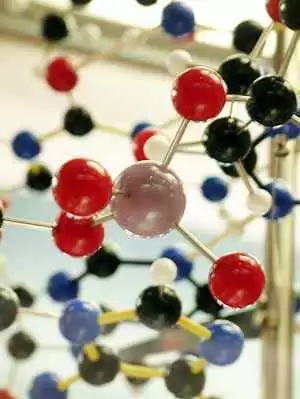Am J Gastroenterol. 2003 Oct;98(10):2289-92
Celiac.com Sponsor (A12):
Celiac.com 11/26/2003 - The results of a study conducted by Dr. Joseph Murray and colleagues at the Mayo Clinic in Rochester, Minnesota indicate that an unusually high number of those with celiac disease do not develop immunity from the hepatitis B vaccine. The team looked at 23 clinically diagnosed celiacs who had been given a full series of hepatitis B vaccines. Out of this group they identified 19 who had been tested for hepatitis B Vaccine response, and of the 19 tested, 13 subjects did not develop long-term immunity to the vaccine, which was determined by utilizing the negative qualitative or quantitative anti-HBs antibody titer.
The researchers note a strong association in celiac disease with a particular HLA genotype of DQ2, which is also seen in nonresponders to the hepatitis B vaccine. Each of the subjects in the study was either homozygous or heterozygous for DQ2. The researchers postulate that a majority of celiacs may be non-responsive to the vaccine because they have "a failure of induction of humoral immune response needed for development of long term immunity." The researchers are still uncertain of the specific cause of the failed immune system response in those with celiac disease.





Recommended Comments
There are no comments to display.